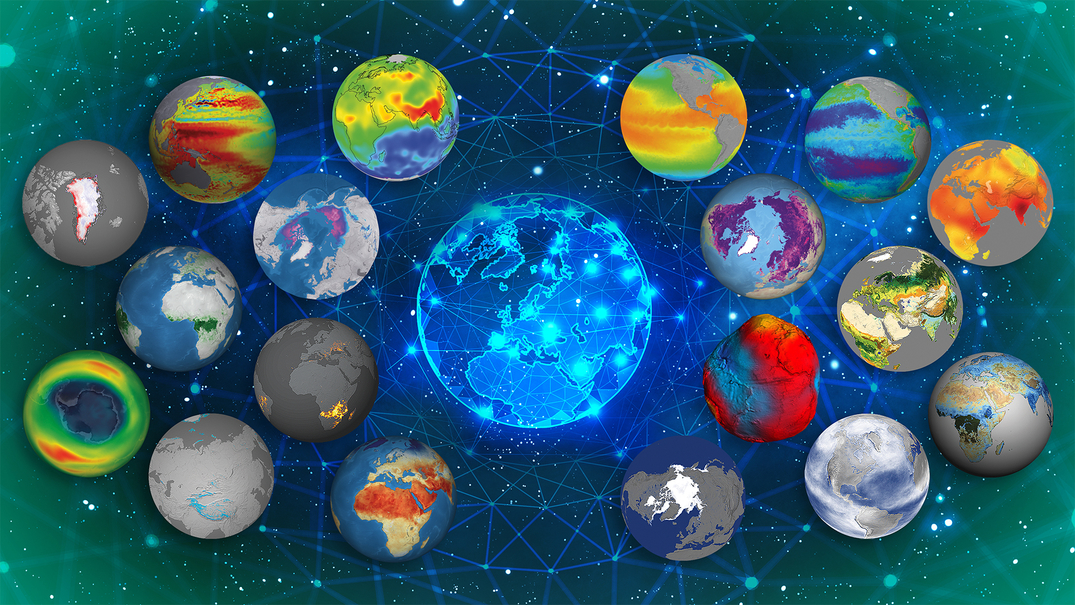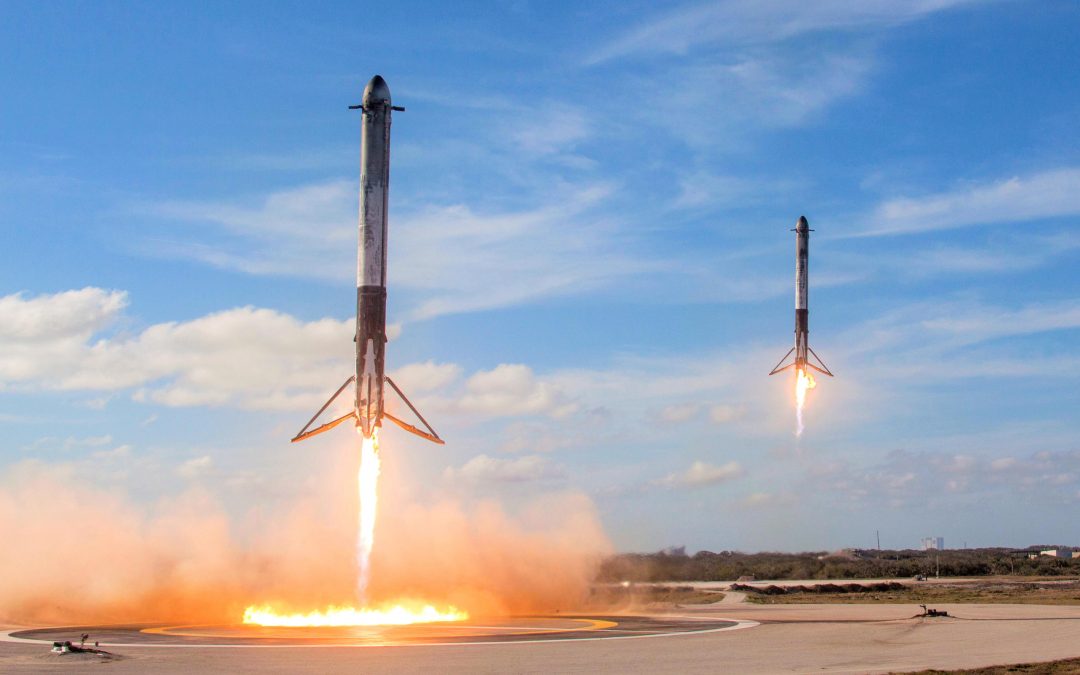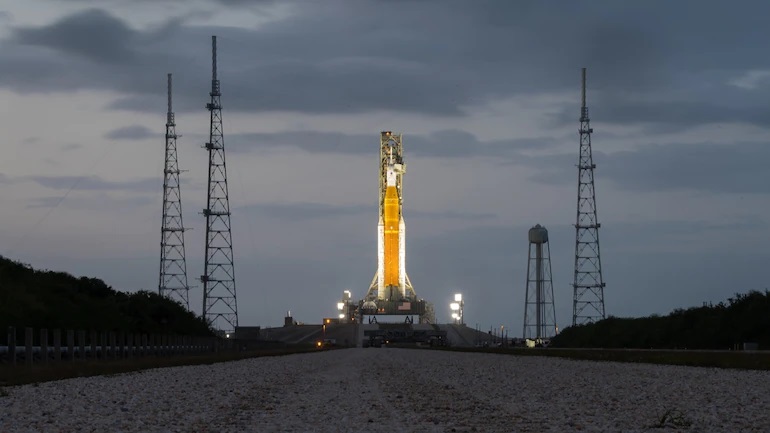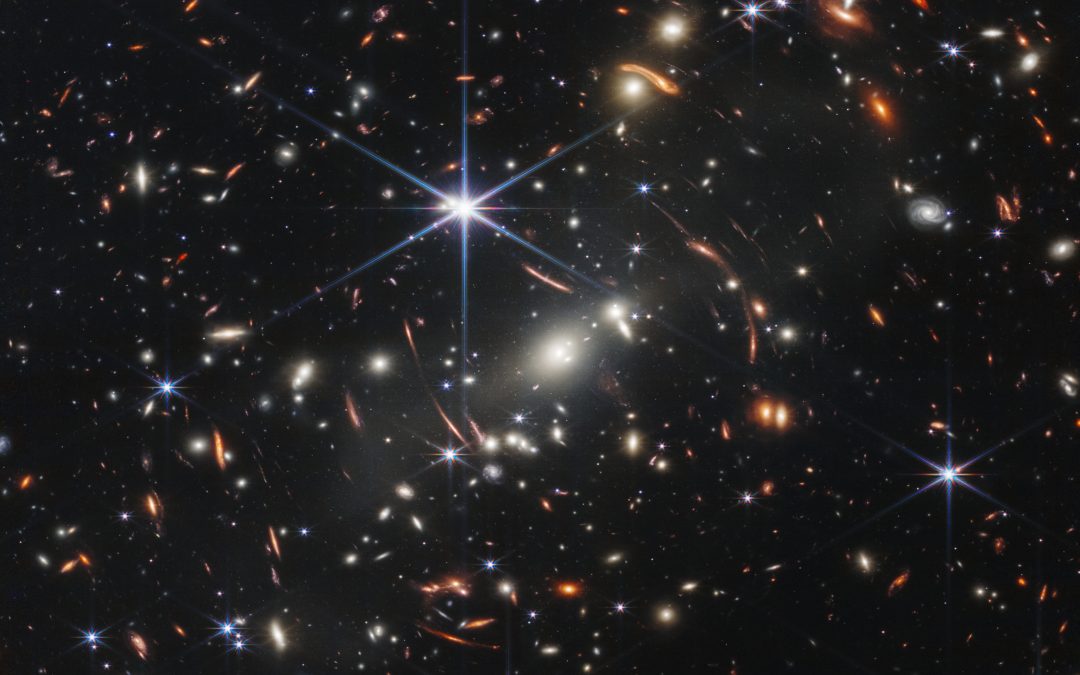Climate change is on our minds these days, with increasing wildfires, droughts and floods. What are the variables that play into a planet’s changing climate, and what can this teach us about the search for habitable planets across the Milky Way?



Fraser Cain
Universe Today

Dr. Pamela Gay
CosmoQuest

Climate change is on our minds these days, with increasing wildfires, droughts and floods. What are the variables that play into a planet’s changing climate, and what can this teach us about the search for habitable planets across the Milky Way?

Last week we talked about how single-use rocketry has changed over time, and the role it still plays in launching payloads into orbit and beyond. Today, we’ll address the stainless steel elephant in the room and talk about the shift to reusability.

On the day that we’re recording this, NASA’s Space Launch System is about to blast off. But everyone is expecting it’ll be delayed to October. When it does launch, it’ll be the most powerful rocket on Earth. Well, until Starship blasts off. Are we about to see the end of single-use rockets and enter the era of reusable rocketry?

Well, this is it, we’re finally going to talk about the James Webb Space Telescope. After decades of development, delays and budget creep, the powerful infrared observatory is at its final home at the L2 Lagrange Point. Yesterday we saw the first scientific images from the telescope, and according to Pamela’s rules, we’re finally allowed to talk about it.
Recent Episodes
So many of the forces in space depend on equilibrium, that point where forces perfectly balance out. It defines the shape of stars, the orbits of planets, even the forces at the cores of galaxies. Let's take a look at how parts of the Universe are in perfect balance....
Even the ancient astronomers knew there was something different about the planets. Unlike the rest of the stars, the planets move across the sky, backwards and forwards, round and round. It wasn't until Copernicus that we finally had a modern notion of what exactly is...
We're so familiar with the current configuration of the planets in the Solar System, but did the planets always orbit in this way? Did they form further out and then migrate inward to their current positions? And what about other star systems out there? Download the...
We created Astronomy Cast to be timeless, a listening experience that's as educational in the future as it was when we started recording. But obviously, things have changed in almost 7 years and 300 episodes. Today we'll give you an update on some of the big topics in...
Sometimes a trilogy needs four parts. We've looked at the history and modern era of space stations but now it's time to peer into the future at some space station concepts still in the works. Most of these will never fly, but the ideas are important. We can't call...
And now we reach the third part in our trilogy on space stations, with the largest vehicle ever assembled in space: the International Space Station. Launched in 1998, it now consists of 450 metric tonnes of modules, power systems and spacecraft and is regular host to...
Last week we introduced the history of space stations and focused on the US and Soviet stations that were launched. This week we look at one of the longest running missions ever launched: Mir. From its launch and construction to its fiery finale, Mir helped both the...
It's one thing to fly into space, and another thing entirely to live in space. And to understand the stresses and strains this puts on a human body, you're going to need a space station. In this three-part series, we explore the past, present and future of stations in...
We understand our place in the Universe because of our direct observations. We can see the light that travelled billions of light years across space to reach us. This sphere of space is the observable universe; everything we can detect. But it's really just a fraction...
The mighty Arecibo Radio Observatory is one of the most powerful radio telescopes ever built - it's certainly the larger single aperture radio telescope on Earth, nestled into a natural sinkhole in Puerto Rico. We're celebrating the 50th anniversary of the...
We always say that the Universe is trying to kill you, but actually, the Earth isn't so fond of you either. Certain parts of planet Earth are prone to earthquakes, where the planet's shifting plates can cause the ground to shake violently. We've had a few devastating...
The very outer reaches of the Solar System is a region of space known as the Oort Cloud, which may extend as far as a light-year from the Sun. We only know about the Oort Cloud because that's where long-period comets come from, randomly falling into the inner Solar...
As a meteor crashed into the atmosphere above Russia, the world discovered the importance of shock waves; how they're caused and how they propagate through the atmosphere. Today we'll discuss the topic in general and find many examples where shock waves can be...
If you get enough hydrogen together in one place, gravity pulls it together to the point that the temperature and pressures are enough for fusion to occur. This is a star. But what happens when you don't have quite enough hydrogen? Then you get a failed star, like a...
Sure, our atmosphere protects us from a horrible Universe that's trying to kill us, but sometimes it prevents us from learning stuff too. Case in point, the atmosphere blocks highly energetic particles from reaching our detectors. But there's a way astronomers can...
As we quickly learn with water, matter can be in distinct phases: solid, liquid, gas and plasma; it all depends on temperature. But why do different materials require different temperatures? And what's actually happening to the atoms themselves as the material...
It's mind bending to think about this, but the light in your house, and the house itself are really the same thing. Matter and energy are interchangeable. This was the amazing revelation made by Albert Einstein, with his famous formula: E=mc^2. This is the process...
Everyone is always predicting the end of the world. Someone's going to tell you that this the year that it's all going to end… the end of planet Earth… and they're always wrong. But, someone will eventually be right. Planet Earth is doomed, lets figure out how. Ep....
Have you checked out the internet lately? Apparently there is some kind of rogue planet causing pole alignment and a killer solar flare that will set off a chain reaction turning the whole universe into strange-matter…. after an alien invasion. Ep. 285: How the World...
Astronomy depends on bullying light. We reflect it, refract it, bend it, and near it through complex manipulations of light. Though optics we bring we bring the distant universe to our eyepiece. Ep. 284: Optics Jump to Shownotes Jump to Transcript Show Notes Guide to...